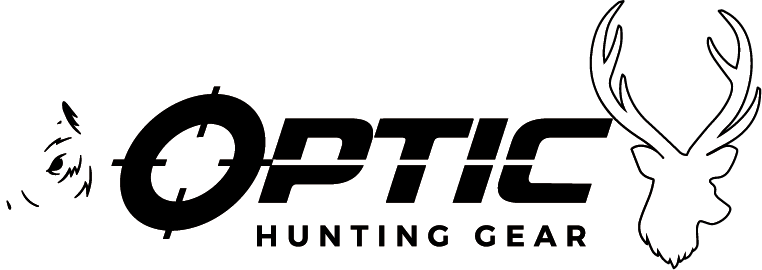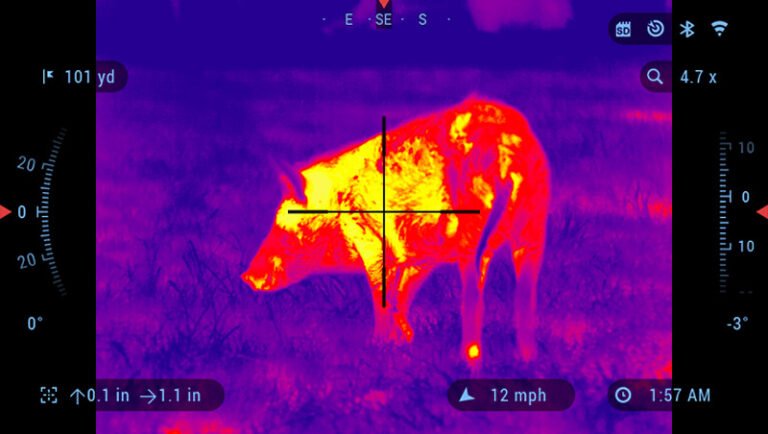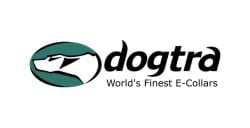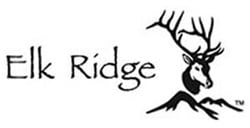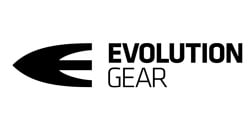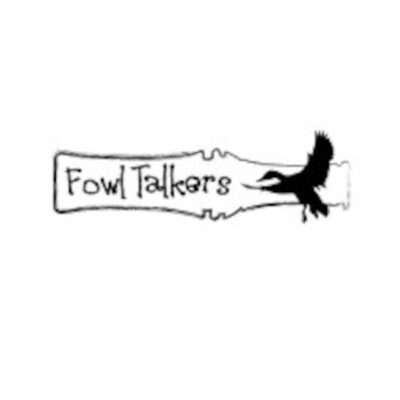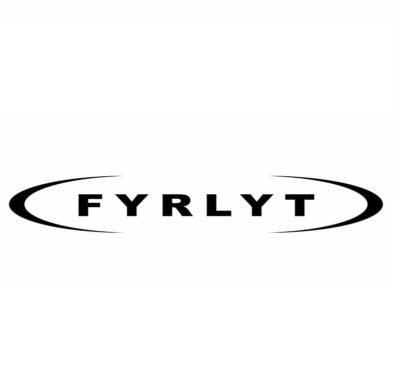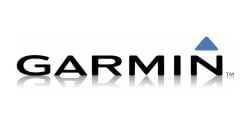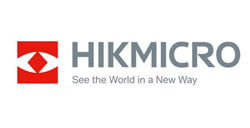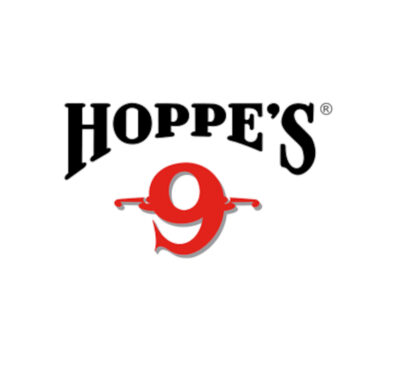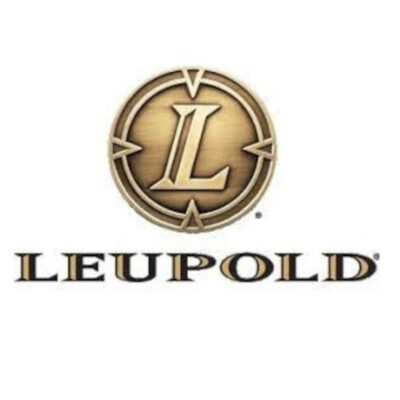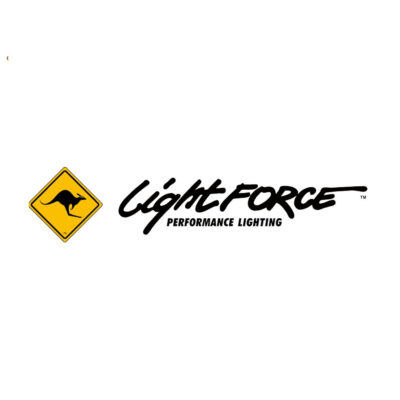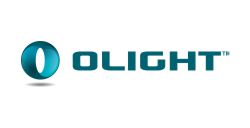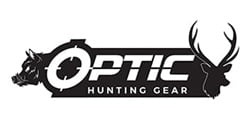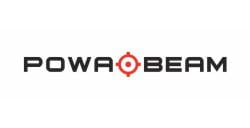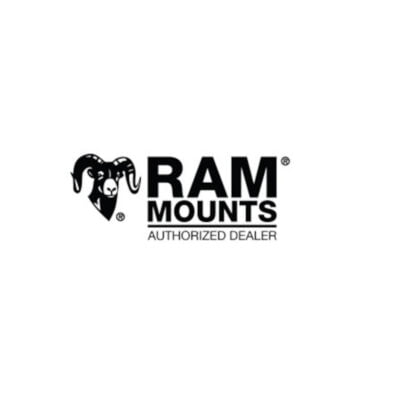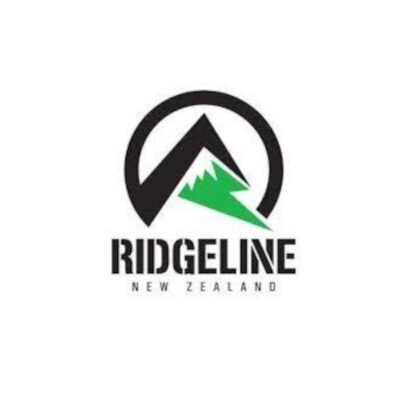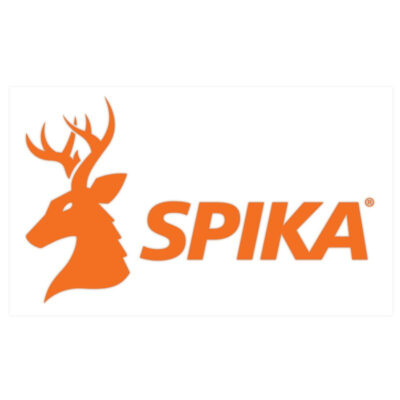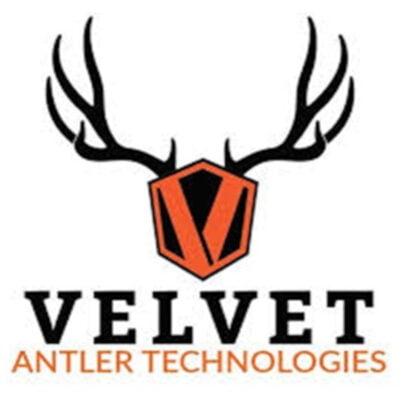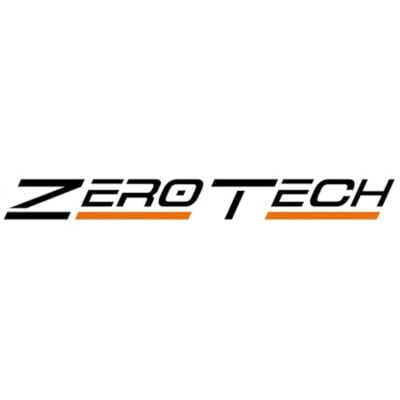No products in the cart.
Thermal scopes/monocular and night vision scopes are two distinct types of optics commonly used in hunting scenarios, offering unique capabilities to hunters in different conditions. While both technologies enhance visibility in low-light environments, they operate on different principles and provide varying advantages.
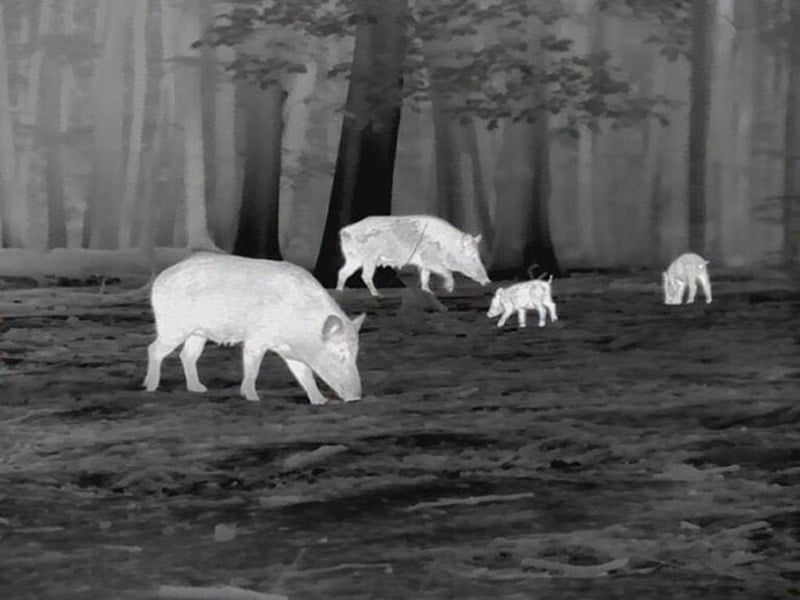
Thermal scopes/monocular rely on detecting the heat emitted by objects and converting it into a visible image. They utilize thermal imaging sensors that detect infrared radiation and translate it into a color-coded display. This allows hunters to detect the heat signatures of animals, even in complete darkness. Thermal scopes are effective in various weather conditions, including fog, smoke, and dense bush. They excel at detecting hidden targets and offer a wide field of view. However, thermal imaging can be limited in terms of fine detail, making it challenging to distinguish small features or identify specific objects at a distance.
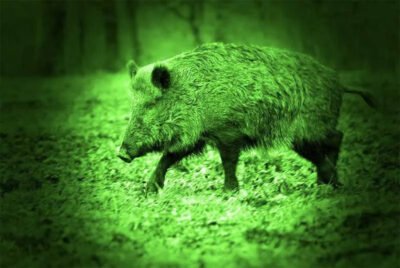
On the other hand, night vision scopes amplify existing light to create a visible image. They gather minimal amounts of light available in dim environments and intensify it through an image intensifier tube. This technology produces a green-tinted image that closely resembles the scene as seen in daylight. Night vision scopes are excellent for target identification, providing clearer details and sharper images compared to thermal scopes. They are effective in moonlit or starlit conditions and can offer extended ranges for detection and identification. However, night vision can be hindered by heavy fog, rain, or dense foliage, as they rely on available light sources.
The choice between thermal scopes/monocular and night vision scopes depends on the specific hunting scenario. For hunting in complete darkness or in heavily obscured areas, a thermal scopes/monocular is invaluable for detecting heat signatures and locating animals. It excels in situations where target identification takes precedence over fine detail.
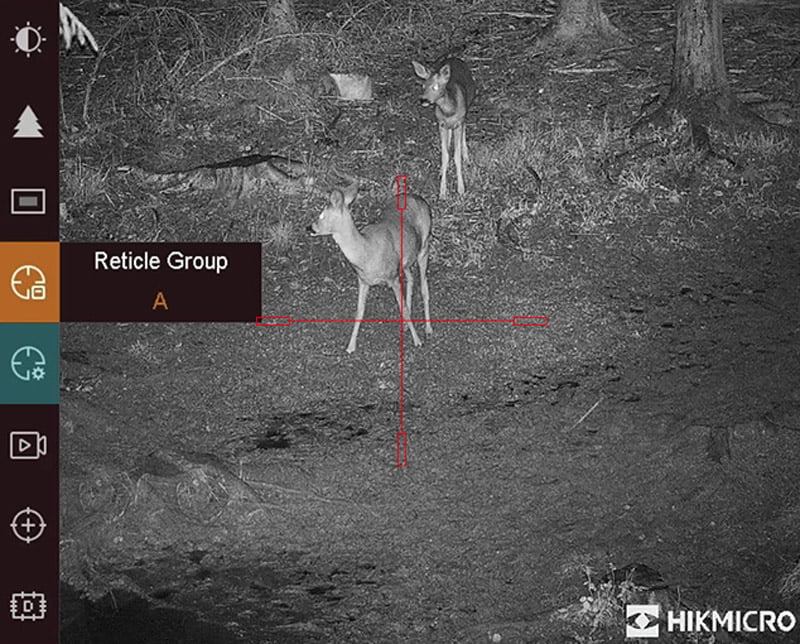
In contrast, night vision scopes are ideal for scenarios where some ambient light is present. They offer superior clarity and allow for more precise shot placement due to their ability to render finer details. Night vision scopes are particularly beneficial during moonlit nights or when hunting near open areas with limited obstruction.

In summary, thermal scopes/monocular and night vision scopes each have their strengths and weaknesses. Thermal scopes excel at detecting heat signatures in complete darkness and adverse weather conditions, while night vision scopes provide clearer details and are more effective in low-light environments with some ambient light available. Understanding the specific hunting conditions and priorities will help hunters choose the most appropriate optic for their needs.
